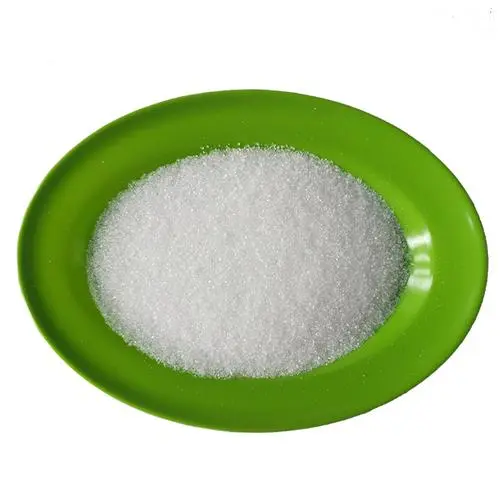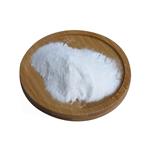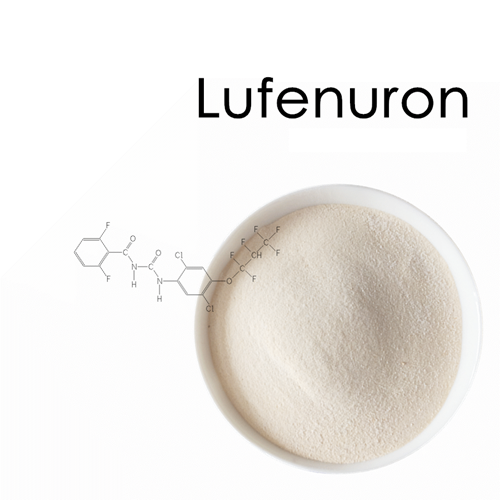Non-steroidal anti-inflammatory drug Carprofen: Uses and Adverse reactions
What is Carprofen?
Carprofen is a non-steroidal anti-inflammatory drug (NSAID), this class of drugs also includes Ibuprofen, Naproxen and Ketoprofen. Carprofen has a white crystalline appearance, is soluble in ethanol, and can be used to treat pain and inflammation in a variety of animals, with particular analgesic efficacy in relieving osteoarthritis in dogs, post-surgical repair of femoral or pelvic fractures, post ovariohysterectomy and inflammation due to gastrointestinal (GI) injury[1-4].

Carprofen's effect on humans
Carprofen has strong anti-inflammatory and analgesic activity. It has been used in human medicine for more than 10 years at doses of 150 to 600 mg per day. In human clinical trials, Carprofen was generally well tolerated. Most adverse reactions were transient and mild, such as gastrointestinal discomfort or pain and nausea. The incidence of side effects in humans is similar to that of aspirin and other NSAIDs. However, for commercial reasons, carprofen has been withdrawn from the market and is no longer available for human use.
Mechanism of action
Carprofeng is a non-narcotic NSAID with analgesic and antipyretic properties. It acts in the same way as most NSAIDs in that Carprofeng acts by inhibiting cyclooxygenase (COX), which selectively inhibits COX-2, thereby inhibiting the release of several prostaglandins involved in the chronic inflammatory response that is thought to be present in canine OA.
Adverse reactions of Carprofen
Common side effects of Carprofeng in dogs include vomiting, diarrhoea, loss of appetite, constipation, behavioural changes; and in severe cases, black stools, gastrointestinal ulcers and gastrointestinal haemorrhage, jaundice, skin changes, involuntary muscle movements, and kidney damage (increased thirst, increased urination, and refusal to eat).
References
[1] CONSTANCE WHITE; Lisa M. Efficacy of meloxicam compared with carprofen for treating canine osteoarthritis.[J]. Veterinary Record, 2020. DOI:10.1136/vr.m50.
[2] HANNES M BERGMANN; Sabine K; Ingo Nolte. Comparison of analgesic efficacy of preoperative or postoperative carprofen with or without preincisional mepivacaine epidural anesthesia in canine pelvic or femoral fracture repair.[J]. Veterinary Surgery, 2007. DOI:10.1111/j.1532-950X.2007.00314.x.
[3] SUSAN M. JONES. The effect of combined carprofen and omeprazole administration on gastrointestinal permeability and inflammation in dogs[J]. Journal of Veterinary Internal Medicine, 2020. DOI:10.1111/jvim.15897.
[4] JULIET M ROSS. Evaluation of the perioperative analgesic effects of grapiprant compared with carprofen in dogs undergoing elective ovariohysterectomy.[J]. Javma-journal of The American Veterinary Medical Association, 2022. DOI:10.2460/javma.22.08.0353.
You may like
Lastest Price from Carprofen manufacturers

US $0.00-0.00/kg2025-09-10
- CAS:
- 53716-49-7
- Min. Order:
- 1kg
- Purity:
- 98.5% ~101.5%; EP8.0
- Supply Ability:
- 800kg/month

US $10.00/KG2025-04-21
- CAS:
- 53716-49-7
- Min. Order:
- 1KG
- Purity:
- 99%
- Supply Ability:
- 10 mt


